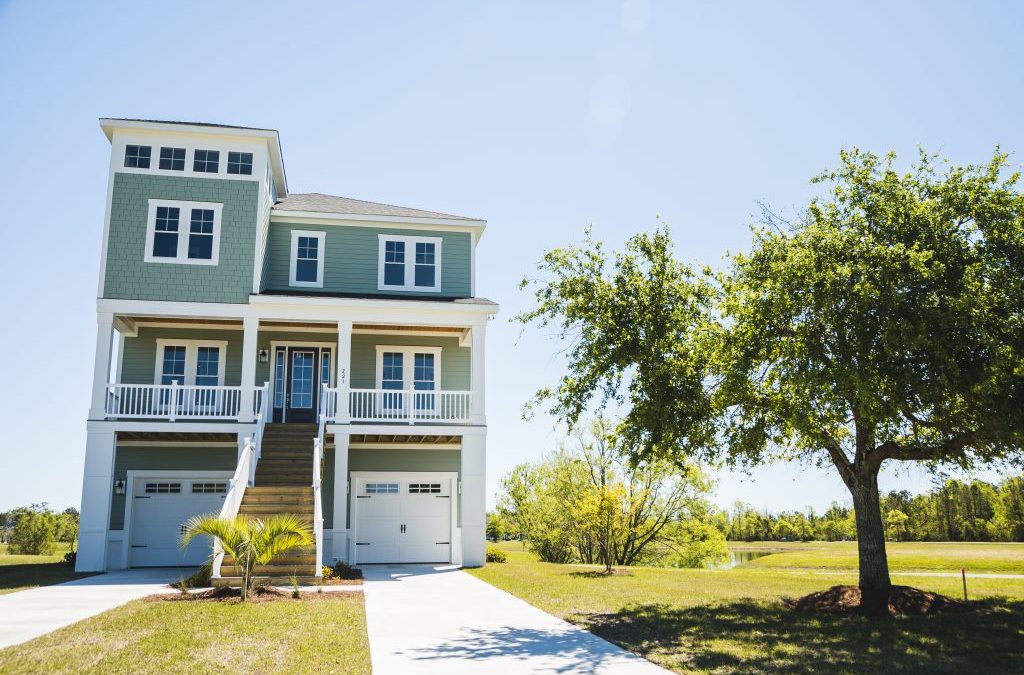Concrete is composed of water, aggregate (rocks and sand), and cement which acts as a binder.
Expansion, Contraction and Cracking Concrete
All building materials expand and contract when exposed to changes in temperature. Concrete expands when temperatures rise and contracts when temperatures fall. Whether it’s a front porch or a highway, concrete expands and contracts along with weather changes and that can lead to cracks. Concrete is extremely strong, which is great for construction, but because it is so strong and the concrete cannot flex during temperature changes, it must crack. It is normal to expect some amount of cracking in any concrete project.
Homebuilders and concrete masons do everything they can to prevent the cracks from forming by placing concrete joints in each project. These joints (like the spaces you see in sidewalks) are meant to help control cracking by encouraging the concrete to crack along specific lines.
Types of Concrete Finishes
If you’re looking to use concrete for your driveway, porch, or slab foundation, there are several options for you to choose from.
Slick Finished Concrete
Usually used for garage floors, slick finished concrete has a smooth surface and like its name suggests, is slick. This option is popular for big box stores and other retail spaces because it is easy to clean.
Broom Finished Concrete
Broom finished concrete is quite literally textured by dragging a special broom across the concrete’s surface while it dries. This effect is visually appealing and provides great traction.
Exposed Aggregate
This finish exposes the little rocks used in the formation of the concrete. A solution is used to remove the top layer of cement and smaller sand particles, revealing the rocks beneath. It provides a decorative look and adds traction.
Stamped Concrete
Stamped concrete is a beautiful finish that is created using large rubber mat stamps in a variety of shapes and patterns. It is a nice option for patios and around pools.
How to Prevent Cracks
Like all driveway paving material, there is some maintenance that should be done if you’re looking to extend the life of your concrete driveways and porches. The best things you can do for your driveway are to seal, clean, and reapply sealer as needed. Sealer helps keep water from seeping into your driveway and then freezing and expanding. We recommend sealing your concrete driveway every two years or so.
In the winter months, it is helpful to use sand for traction rather than deicing chemicals or salt. Harsh chemicals and salt can both cause damage of your porch or driveway’s surface.
If you’d like to learn more about home construction and maintenance, our blog has some great guides.

